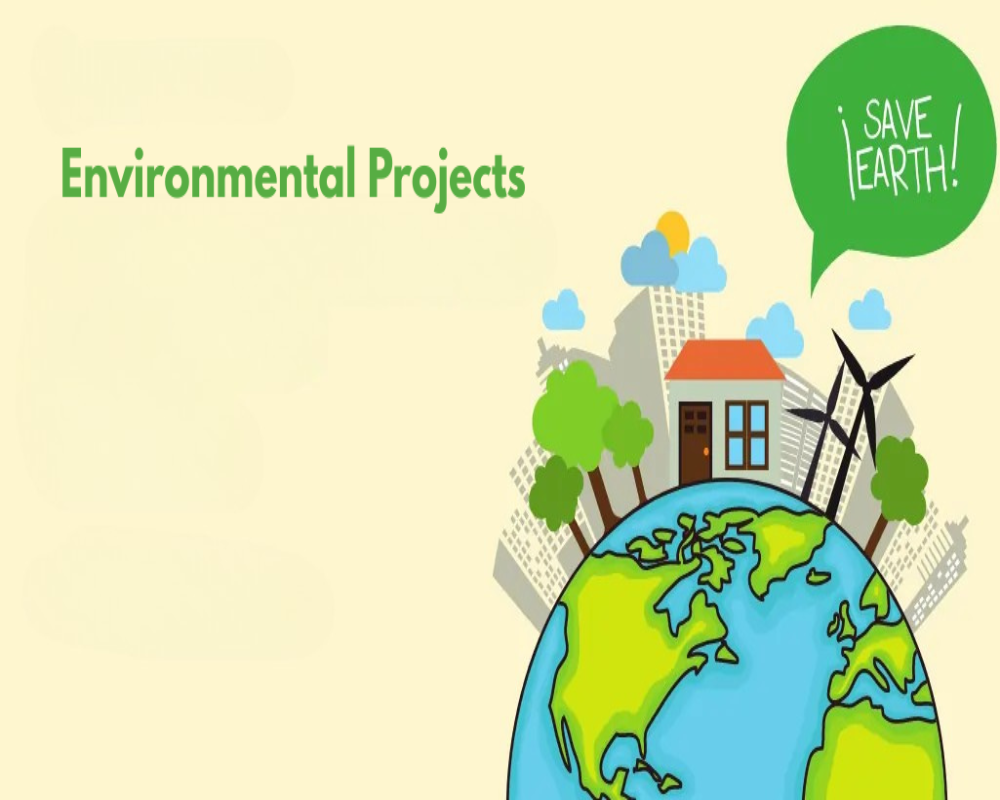Inclusion of Environmental Projects in Section 8 Scope
In a significant policy development, the Government of India has officially expanded the recognized scope of Section 8 companies to explicitly include environmental conservation and climate action projects. The move, initiated by the Ministry of Corporate Affairs (MCA), reinforces the country’s commitment to sustainable development and empowers non-profit entities to take a formal, structured role in combating environmental challenges.
Under this updated framework, Section 8 companies can now be incorporated with primary objectives centered on activities such as afforestation, biodiversity conservation, waste management, pollution control, renewable energy promotion, water resource protection, climate education, and green technology innovation. These objectives will be considered valid under the Companies Act, 2013, allowing such entities to access tax benefits, CSR partnerships, and formal legal recognition.
Officials clarified that the move aims to channel organized efforts into areas of increasing ecological urgency by encouraging legally compliant, transparent, and mission-driven environmental organizations. The revision also ensures that companies pursuing eco-centric initiatives can be eligible for CSR funding under Schedule VII of the Act, provided they maintain proper reporting, audit practices, and measurable outcomes.
The inclusion of environmental goals comes at a time when India is facing growing climate challenges and international scrutiny over its sustainability commitments. Legal experts and climate advocates have welcomed the update, seeing it as a strong signal of the government’s intent to integrate non-profits into the country’s environmental governance and policy execution framework.
By enabling Section 8 companies to formally engage in ecological work, the government not only promotes responsible environmental stewardship but also opens new pathways for innovation, public-private collaboration, and grassroots mobilization in India’s green transition. This expanded scope is expected to trigger a rise in environmentally focused incorporations and improve the country’s capacity to address climate and sustainability challenges through structured non-profit action.


0 Comments